Falla le parisien
By placing the melodies and certain pieces for solo piano in perspective, this recording illustrates the evolution of Falla's language (1876-1946), from a post-romanticism inherited from Albéniz to a resolutely modern, almost "impressionist" language closer to Debussy, Dukas or Ravel. It's a veritable aesthetic voyage through Falla's life.
The Parisian period is the ferment of this evolution. Falla arrived in Paris in 1907, expecting to stay for just a few weeks, but he stayed for seven years! Through his many artistic encounters and friendships (Debussy, Ravel, Dukas, Delage, to name but a few), his Parisian life enriched his musical aesthetic, stripping it of its sentimental excesses in favor of a sharper, sharper evocation of Spain, reminiscent of Ravel's Alborada del Gracioso and Debussy's La Puerta del Vino.
The seven chansons populaires espagnoles, as well as Andaluza from Quatres pièces espagnoles for solo piano, are peaks of this aesthetic. The musicologist of the time, Louis Aguettant, said of the Quatres pièces espagnoles: "There is something of the French neatness here, an art of perfect style". Falla's intimacy with France and its composers is epitomized by the Trois mélodies on poems by Théophile Gautier, in French of course, the third piece of which, Seguidille, is dedicated "to Madame Claude Debussy".
Reviews on... -> Pizzicato - Radio Coteaux - France Musique/Musique matin - France Musique/En pistes ! - Musique classique & Co - Froggy's delight - ArtaMag'
Manuel de Falla (1876-1946)
1-3 Trois Mélodies sur des poèmes de Théophile Gautier
4 Serenata Andaluza
5 Preludios
6 Tus ojillos negros
Dos Rimas sur des poèmes de Gustavo Becquer
7 Olas gigantes
8 !Dios mío, qué solos se quedan los muertos!
9 Andaluza extrait des Quatre Pièces espagnoles
10-16 Siete canciones populares españolas
17 Homenaje pour le Tombeau de Claude Debussy
Canciones de María Lejarraga
18 El pan de Ronda que sabe a verdad
19 Oración de las madres que tienen a sus hijos en brazos
20 Pour le tombeau de Paul Dukas
Maya Villanueva
soprano
David Saudubray
piano





















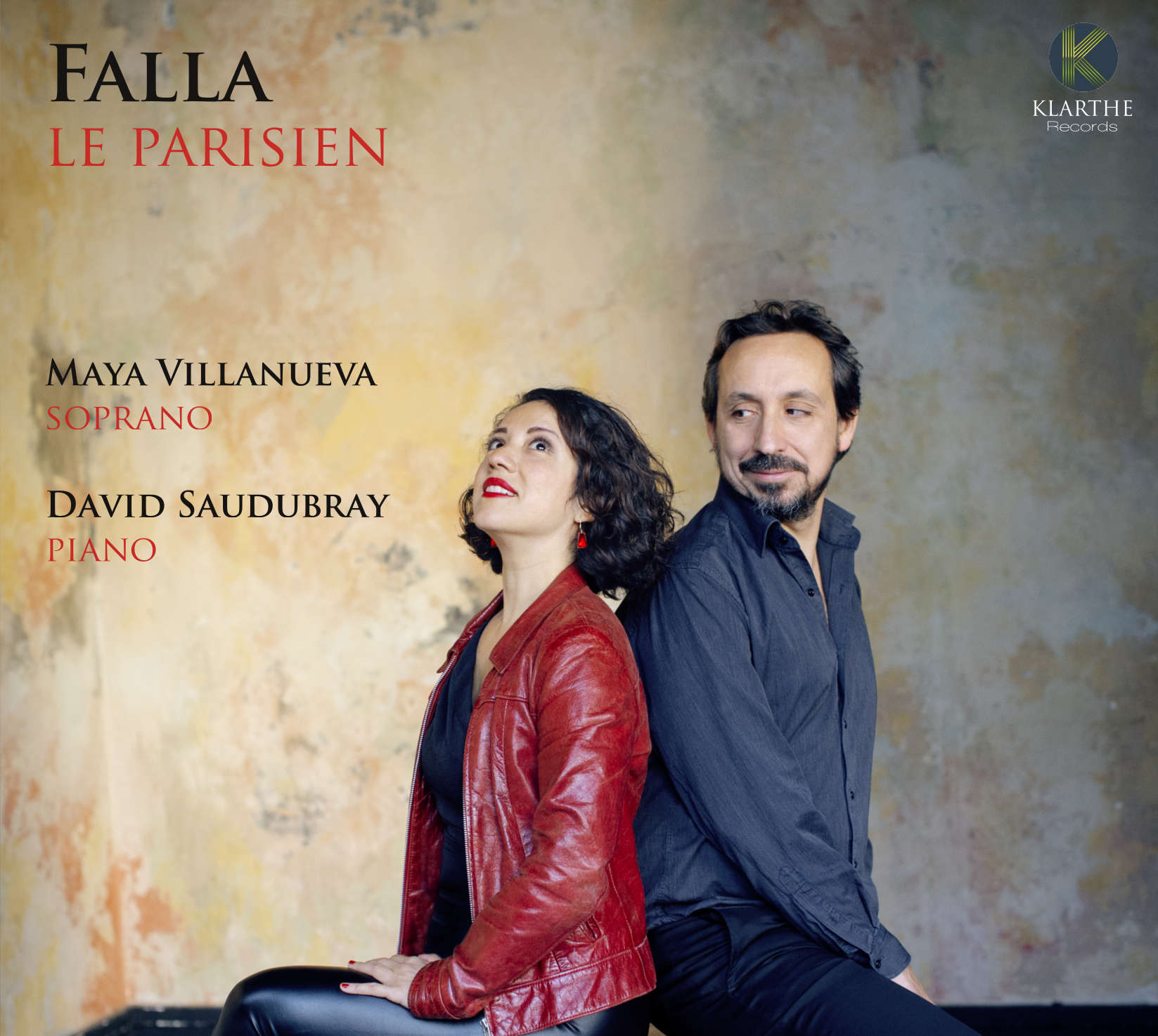
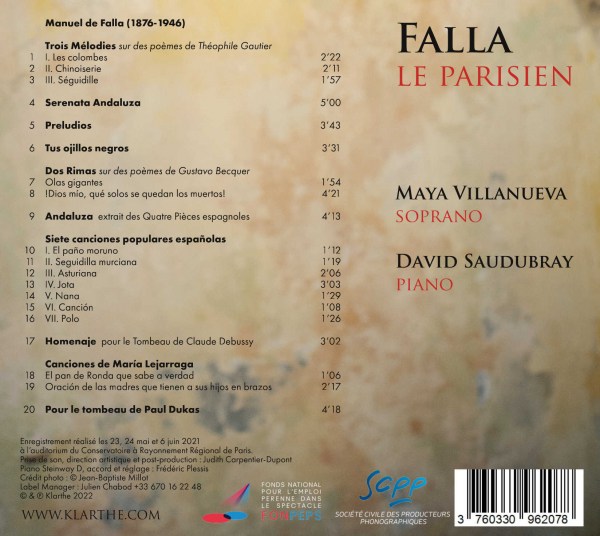


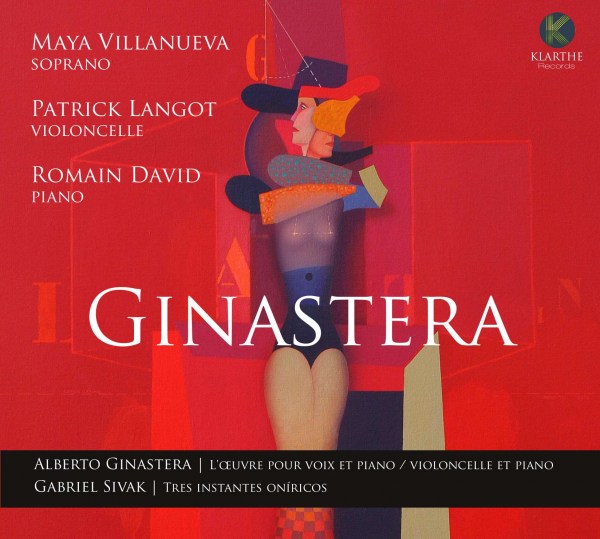 Ginastera
Ginastera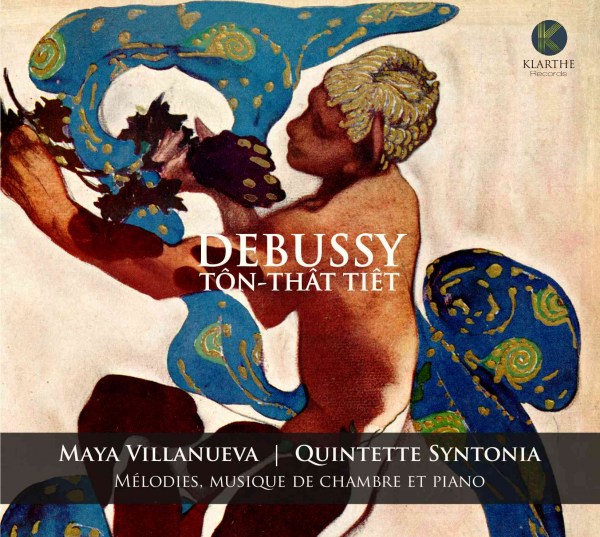 Debussy - Tôn-Thât Tiêt
Debussy - Tôn-Thât Tiêt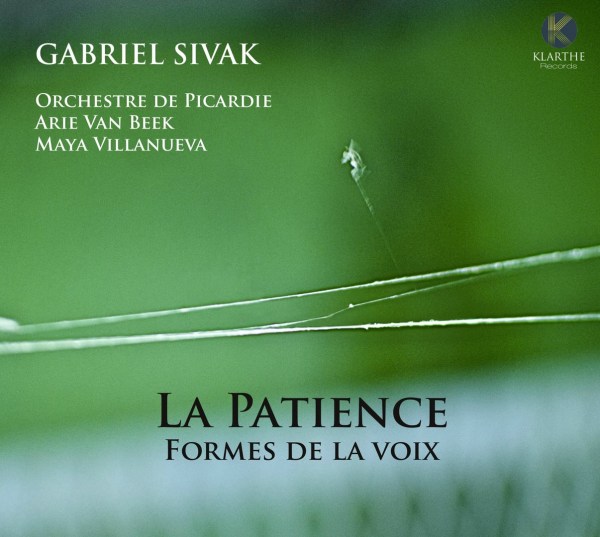 La Patience
La Patience